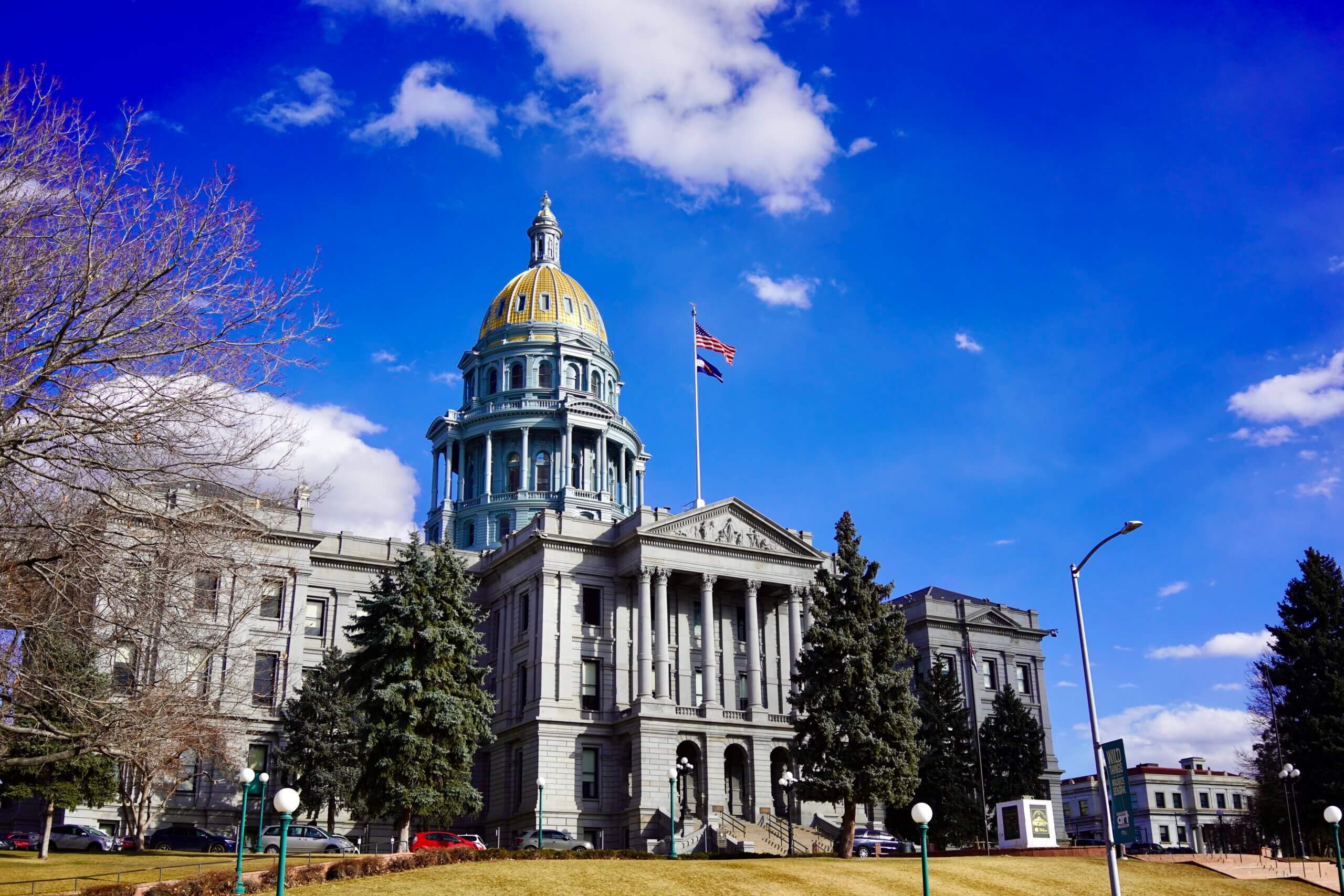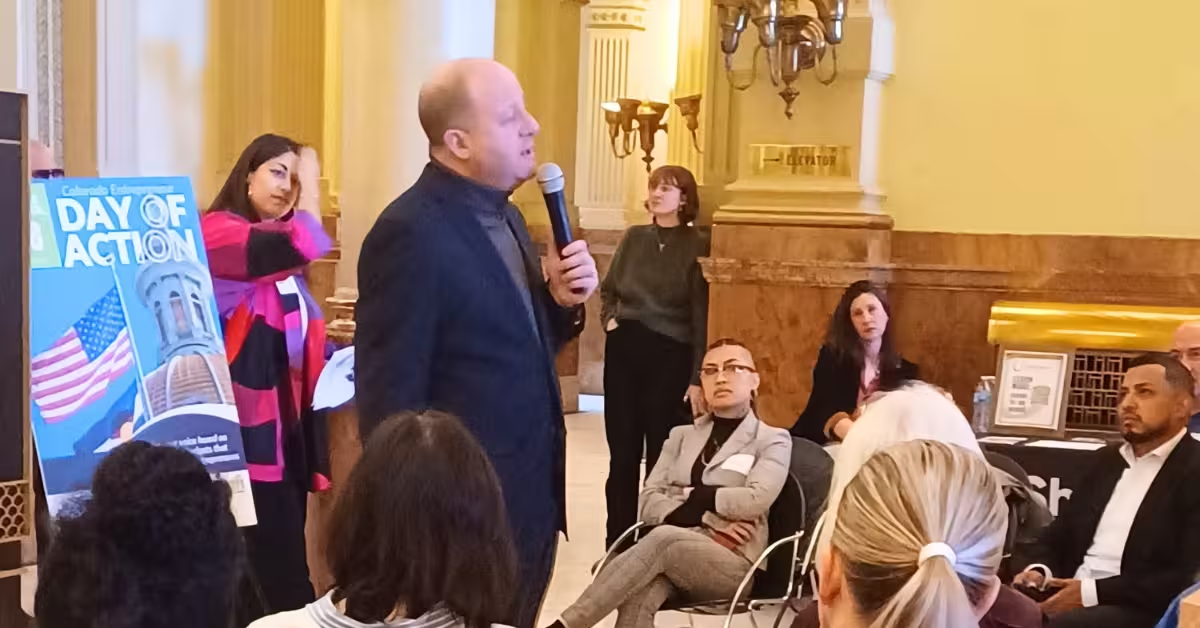The next community of entrepreneurs we want to highlight are immigrants and refugees. 46 million people living in the United States today were born in another country. It’s often noted that many of our largest companies (such as Google, PayPal, and Tesla) were founded by immigrants, and research backs up the common belief that immigrant and refugee communities are particularly entrepreneurial. While individuals born in another country make up about 14% of the US population, they start about 25% of new businesses (US Senate Joint Economic Committee, 2020).
Research by the Ewing Marion Kauffman Foundation has found that immigrants are more likely to become entrepreneurs than individuals born in the US, and that difference has been growing since 2004. In 2011, individuals born outside the US were twice as likely to start a new business as US-born individuals, giving them a central role in the economic recovery that followed the Great Recession (New American Economy, 2012).
The experiences of immigrants and refugees in the US vary significantly, but there are two factors that researchers believe help explain the strong entrepreneurial spirit in these communities. The first is that many of the characteristics tied to moving to a new country – such as risk taking and perseverance – are also important to success as an entrepreneur. The second is that the education and professional experience immigrants and refugees bring from their country of origin is often undervalued in the US labor market, leading individuals to pursue entrepreneurship as an alternative economic path.
Immigrant and refugee communities might be naturally entrepreneurial, but they also face a variety of barriers to becoming successful business owners. They must navigate a complex visa and citizenship system, learn new laws and regulations, and become comfortable with business norms and customs that may be very different from those in their country of origin. Startup capital may also be hard to secure, as not all lenders are willing to provide loans to non-citizens.
When it comes to supporting immigrant and refugee entrepreneurs, many researchers and policymakers focus on federal immigration law. But there’s also a lot that can be done more locally through organizations like RMMFI. We provide the business education, mentorship, and access to capital that can help immigrant and refugee entrepreneurs successfully lean into their natural potential. Most importantly, we do so through our Whole Entrepreneur model that recognizes, honors, and celebrates each individual’s unique background, experiences, and gifts.



